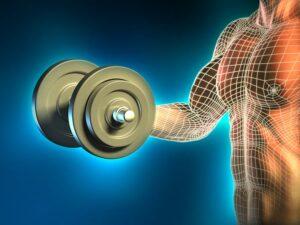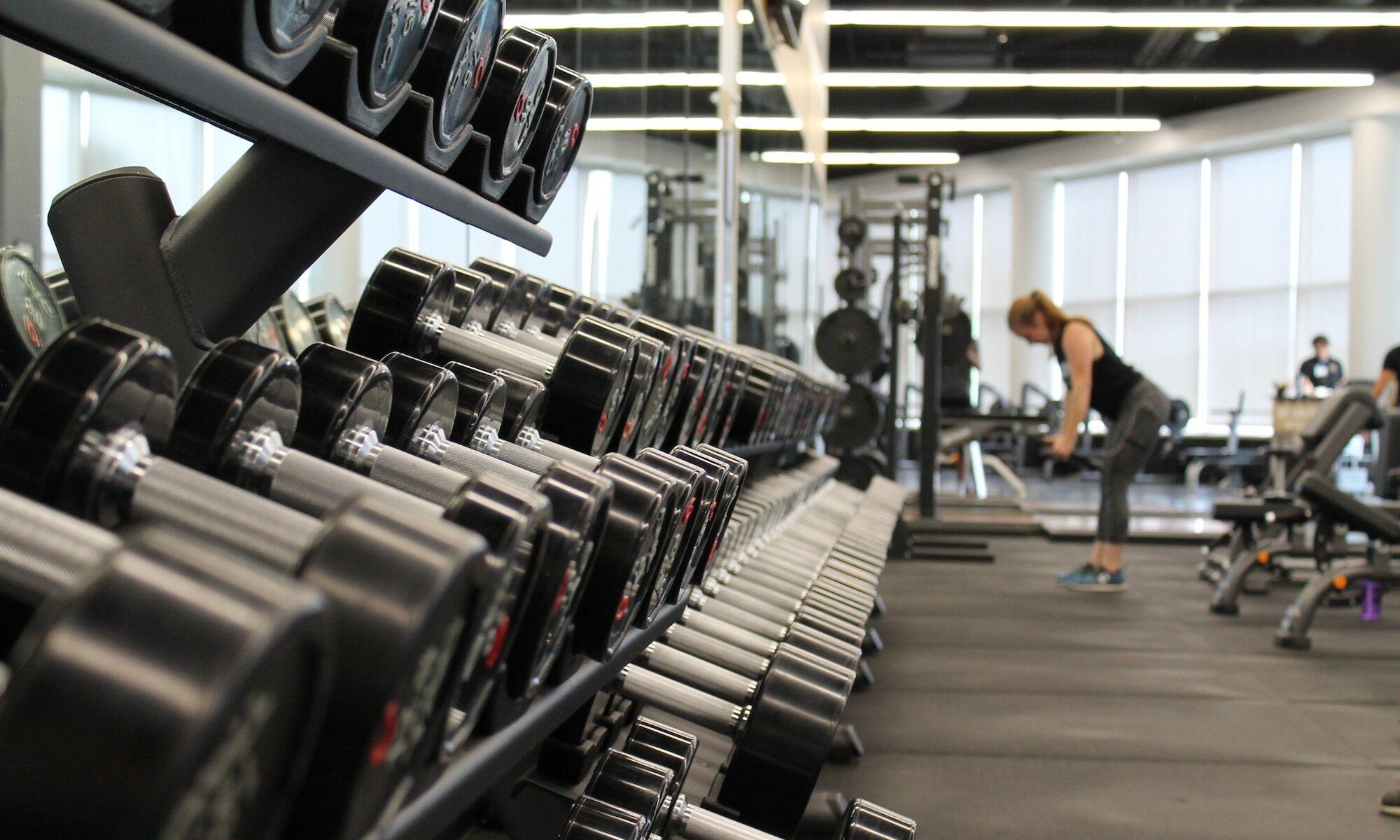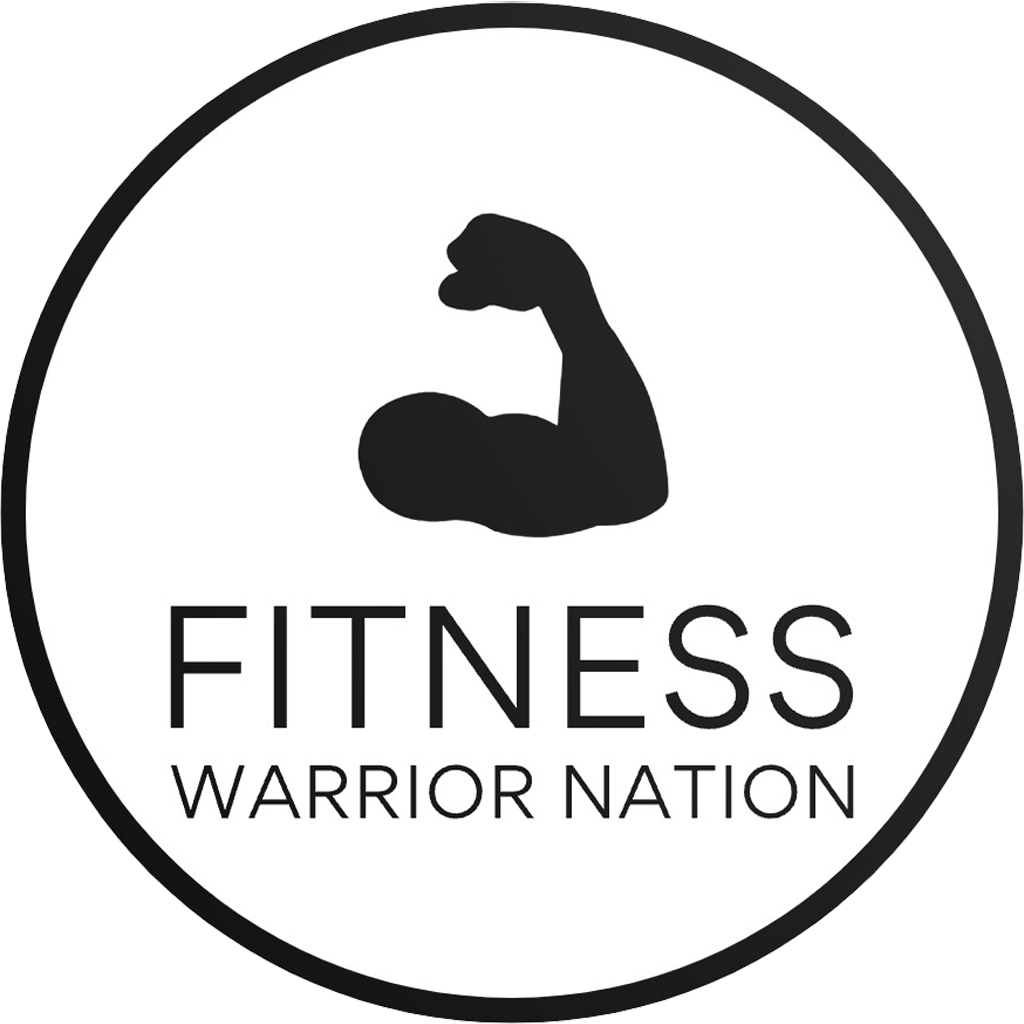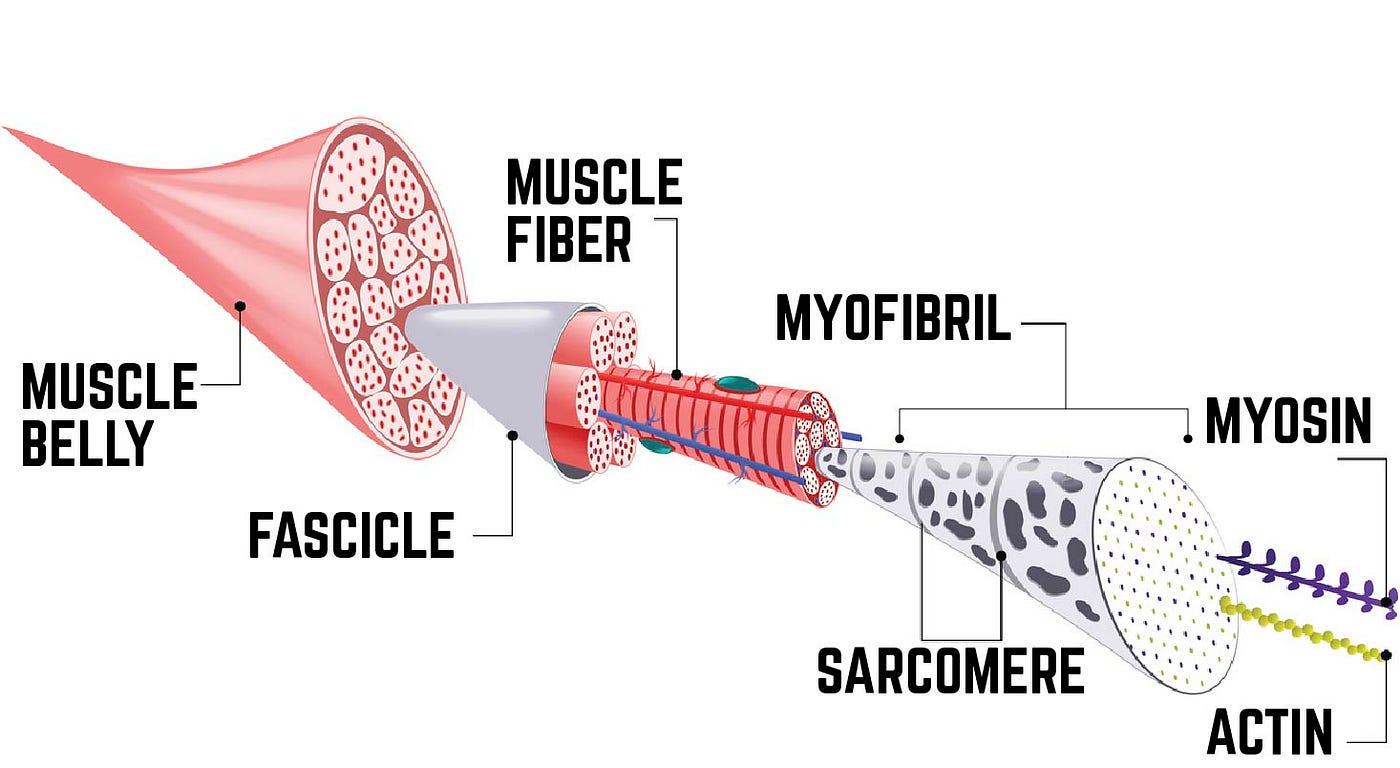In building muscle, protein plays a crucial role that cannot be overlooked. Understanding its importance is essential if you want to achieve your fitness goals effectively. Protein acts as the building blocks for your muscles, helping in their repair and growth after intense workouts. It also assists in the production of enzymes and hormones that aid in muscle recovery and development. By providing your body with an adequate amount of protein, you can enhance muscle synthesis and promote overall strength and endurance. Dive into this article to uncover the significant role that protein plays in muscle building and how you can make it a valuable part of your fitness journey.
The Role of Protein in Muscle Building
When it comes to building muscle, protein plays a crucial role in providing the necessary building blocks for growth and repair. Understanding the importance of protein in muscle building is essential for anyone looking to optimize their fitness journey and achieve their desired results. In this article, we will delve into the various aspects of protein’s role in muscle growth, recommended protein intake, timing and frequency of consumption, protein quality, supplementing for muscle growth, potential risks and considerations, balancing macronutrients, the importance of hydration, and the effects of age and training level. By the end of this comprehensive guide, you will have a solid understanding of how protein can enhance your muscle building efforts.
Understanding the Importance of Protein
Protein is often referred to as the “building blocks” of muscle, and for good reason. It is comprised of amino acids, which are essential for muscle growth and repair. When you engage in intense exercise or resistance training, your muscle fibers experience microscopic damage. Protein is required to repair and rebuild these damaged muscle fibers, resulting in muscle growth and increased strength. Without an adequate intake of protein, your body may struggle to recover properly and optimize muscle growth.
Benefits of Protein for Muscle Growth
Aside from its vital role in muscle repair and growth, protein offers several other benefits for individuals looking to build muscle. Firstly, protein has a high thermic effect, meaning it requires more energy to digest compared to fats and carbohydrates. This can increase your metabolic rate, allowing you to burn more calories throughout the day. Additionally, protein-rich foods tend to be more satiating, helping to control appetite and reduce overall calorie consumption. Furthermore, protein can help preserve lean muscle mass during weight loss or periods of calorie restriction, preventing muscle breakdown and promoting fat loss instead. Incorporating adequate protein into your diet can offer significant benefits for muscle growth and overall body composition.
Protein Synthesis and Muscle Repair
To understand the importance of protein in muscle building, it is essential to grasp the concept of protein synthesis. Protein synthesis refers to the process by which new muscle proteins are created within the body. It occurs when the body has an adequate supply of amino acids, which are obtained through the consumption of protein-rich foods. During periods of muscle repair and growth, protein synthesis rates are elevated, leading to an increase in muscle mass. By consuming sufficient protein, you can support this process and optimize your muscle-building efforts.
Recommended Protein Intake
Determining your protein needs is a crucial step in designing an effective muscle-building diet. The recommended protein intake can vary depending on factors such as age, weight, sex, activity level, and training goals. However, a general guideline is to consume 0.6 to 1 gram of protein per pound of body weight. For example, if you weigh 150 pounds, you should aim for 90 to 150 grams of protein per day. It’s important to note that these are just general guidelines and individual needs may vary.
Calculating Protein Requirements
To calculate your protein requirements more accurately, it can be helpful to use a formula based on your lean body mass. Lean body mass refers to the weight of your body minus the amount of fat. To estimate your lean body mass, you can use various methods such as bioelectrical impedance or DEXA scan. Once you have obtained your lean body mass, you can multiply it by a factor of 0.8 to 1.2 grams per pound to determine your recommended protein intake. Adjusting the multiplier based on factors such as training intensity, goals, and overall health can further refine your protein requirements.
Protein Sources for Muscle Building
While protein can be obtained from both animal and plant sources, certain foods are particularly rich in high-quality protein that is essential for muscle building. Animal-based protein sources such as lean meats, poultry, fish, eggs, and dairy products are considered complete proteins as they contain all the essential amino acids required by the body. Plant-based protein sources such as beans, lentils, tofu, tempeh, quinoa, and certain grains can also be combined to provide a complete amino acid profile. It’s important to diversify your protein sources to ensure you are obtaining all the essential amino acids necessary for muscle growth and repair.
Timing and Frequency of Protein Consumption
In addition to meeting your daily protein requirements, the timing and frequency of protein consumption can also play a pivotal role in optimizing muscle growth. Dividing your protein intake evenly throughout the day can help maximize muscle protein synthesis rates. It’s recommended to consume 20-30 grams of protein every 3 to 4 hours to maintain a consistent supply of amino acids for muscle repair and growth.
Pre-Workout Protein
Consuming protein before a workout can provide the necessary amino acids for muscle protein synthesis during exercise. Aim to consume a moderate amount of protein 1-2 hours before your workout to ensure optimal availability during your training session. Foods such as Greek yogurt, lean meats, or protein shakes can be a convenient and effective pre-workout protein source.
Post-Workout Protein
Immediately following your workout, your muscles are primed for nutrient uptake. Consuming protein within 30-60 minutes after exercise can help kickstart the muscle repair and rebuilding process. This is commonly referred to as the “anabolic window.” Whey protein, due to its rapid digestion and absorption rate, is often recommended as a post-workout protein source to provide the necessary amino acids quickly.
Protein Consumption Throughout the Day
While pre and post-workout protein intake is important, it’s equally crucial to distribute your protein intake evenly throughout the day. This ensures a continuous supply of amino acids for muscle repair and growth. By incorporating protein-rich foods into each meal and snack, you can optimize muscle protein synthesis rates and support your muscle-building goals.
Protein Quality: Complete vs. Incomplete Proteins
Understanding the difference between complete and incomplete proteins is essential for maximizing muscle growth. Complete proteins contain all the essential amino acids required by the body, whereas incomplete proteins lack one or more essential amino acids. Consuming a variety of complete protein sources or combining incomplete protein sources can help ensure you obtain all the necessary amino acids for muscle building.
Understanding Amino Acids
Amino acids are the building blocks of proteins and are crucial for muscle growth, repair, and overall health. There are twenty different amino acids, nine of which are considered essential as they cannot be produced by the body and must be obtained through diet. These essential amino acids play a vital role in muscle protein synthesis and should be incorporated into your diet to support optimal muscle growth.

Sources of Complete Proteins
Animal-based protein sources such as meat, fish, poultry, eggs, and dairy products are considered complete proteins. These foods provide all the essential amino acids required by the body for muscle growth and repair. Consuming a variety of these protein sources can help meet your protein needs and support muscle-building efforts.
Combining Incomplete Proteins
While plant-based protein sources may be incomplete, combining different sources can create a complete amino acid profile. For example, combining legumes with grains or seeds can provide all the essential amino acids necessary for muscle growth. Additionally, consuming foods such as soy and quinoa, which are considered complete proteins on their own, can also be beneficial for individuals following a plant-based diet.
Supplementing Protein for Muscle Growth
Supplementing with protein powders and amino acid supplements can be a convenient way to meet your daily protein requirements and support muscle growth. Protein powders, such as whey or plant-based options, can be easily incorporated into shakes or smoothies, making them a convenient post-workout option. Amino acid supplements, such as branched-chain amino acids (BCAAs), can also provide additional support for muscle recovery and growth. Creatine, commonly used by athletes and bodybuilders, has been shown to improve muscle strength and hypertrophy by enhancing protein synthesis.
Potential Risks and Considerations
While protein is essential for muscle building, there are a few potential risks and considerations to keep in mind. Excessively high protein intake for extended periods may put a strain on kidney function in individuals with pre-existing kidney issues. It’s important to consult with a healthcare professional or registered dietitian to determine your individual protein needs and ensure they align with your overall health. Additionally, some individuals may experience digestive issues, such as bloating or GI distress, when consuming excessive amounts of protein. Gradually increasing protein intake and ensuring adequate fiber and water consumption can help alleviate these symptoms. Lastly, individual variations in protein needs should be taken into account, as factors such as age, sex, body composition, and activity level can influence optimal protein intake.
Balancing Macronutrients for Muscle Building
While protein is crucial, it’s important to balance your macronutrient intake to support overall muscle growth and performance. Carbohydrates serve as the primary energy source for intense workouts and can support muscle glycogen replenishment. Adequate intake of healthy fats is also essential for hormone production and overall health. By balancing your macronutrients, you can optimize energy levels, enhance recovery, and promote muscle growth.
Protein vs. Carbohydrate Timing
While protein is important throughout the day, carbohydrates also play a vital role in muscle building. Consuming carbohydrates before and after workouts can help fuel your sessions and support muscle recovery. Pre-workout carbohydrates can provide a readily available energy source, while post-workout carbohydrates can help replenish muscle glycogen stores. Finding the right balance of protein and carbohydrates based on your individual needs and training goals is key.
Overall Caloric Balance
In addition to macronutrient balance, maintaining an overall caloric balance is crucial for muscle building. To gain muscle, you need to consume more calories than you burn, commonly referred to as a caloric surplus. This provides your body with the necessary energy and nutrients to support muscle growth. Conversely, if you are trying to lose fat while maintaining muscle, a slight caloric deficit may be appropriate. It’s important to monitor your caloric intake and adjust accordingly to align with your muscle-building goals.
Importance of Hydration
While often overlooked, hydration plays a significant role in muscle building and overall health. Water is essential for optimal protein function, as it helps facilitate various cellular processes, including protein synthesis. Staying hydrated can also increase muscle endurance and reduce the risk of muscle cramping during workouts. It’s important to drink enough water throughout the day, especially during workouts or periods of intense physical activity, to support muscle growth and performance.
Water and Muscle Building
Water makes up a significant portion of muscle tissue, and adequate hydration is crucial for maintaining optimal muscle function and performance. When you are dehydrated, your body may struggle to efficiently repair and rebuild muscle tissue. Drinking enough water ensures that your muscles are properly hydrated, allowing them to perform at their best and supporting muscle growth.
Hydration for Proper Protein Function
In addition to muscle tissue hydration, proper hydration is essential for supporting protein function within the body. Water is required for various processes, including protein synthesis, digestion, and nutrient transport. Ensuring adequate hydration levels can optimize these processes and enhance your body’s ability to utilize protein for muscle growth.
Effects of Dehydration on Muscle Performance
Dehydration can have a detrimental impact on muscle performance and overall muscle-building efforts. Inadequate hydration can lead to decreased strength, endurance, and power output during workouts. It can also impair nutrient delivery to muscle cells, hindering muscle repair and growth. To avoid these negative effects, it’s important to maintain proper hydration levels by drinking water throughout the day, especially during exercise and periods of increased physical activity.
Effects of Age and Training Level
Protein needs can vary depending on factors such as age and training level. Understanding how these factors influence protein requirements is essential for optimizing muscle growth at different life stages and fitness levels.
Protein Needs for Young Adults
Young adults who are still growing and developing have higher protein needs compared to older adults. This is due to their increased muscle protein synthesis rates and the need to support growth and development. Young adults engaging in regular exercise or resistance training should aim for the higher end of the recommended protein intake range to ensure they have an adequate amino acid supply for muscle building.
Protein Requirements for Older Adults
As individuals age, their protein needs may increase due to factors such as muscle loss and decreased muscle protein synthesis rates. Older adults engaging in resistance training may have higher protein requirements to support muscle maintenance and repair. Aim to consume the recommended protein intake for your age group and consider spreading protein intake more evenly throughout the day to optimize muscle protein synthesis rates.
Protein Intake for Resistance Training
Resistance training, such as weightlifting or bodyweight exercises, places additional stress on the muscles and increases the demand for protein. Individuals engaging in regular resistance training should aim for the higher end of the recommended protein intake range to support muscle repair and growth. Additionally, incorporating protein-rich foods before and after resistance training sessions can help maximize muscle protein synthesis rates and optimize muscle-building efforts.
Conclusion
Protein plays a vital role in muscle building and should be a key focus for anyone looking to optimize their fitness goals. By understanding the importance of protein, calculating and meeting your protein requirements, consuming protein at the right times, choosing high-quality protein sources, and considering protein supplementation, you can enhance muscle growth and optimize your results. It’s also important to consider potential risks, balance macronutrients, stay hydrated, and take into account how age and training level can influence protein needs. By individualizing your approach and ensuring adequate protein intake, you can maximize the role of protein in enhanced muscle growth and achieve your desired results.


